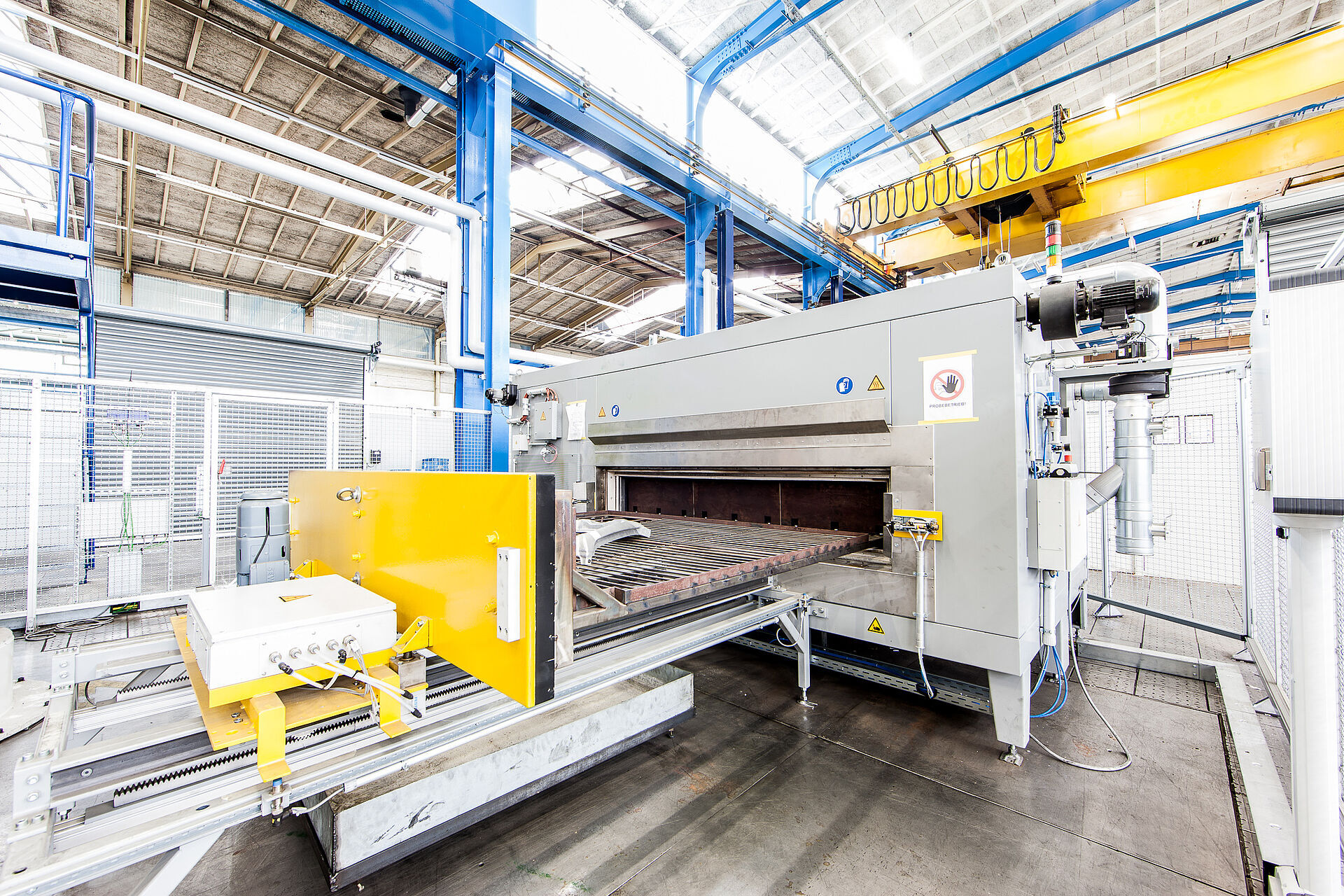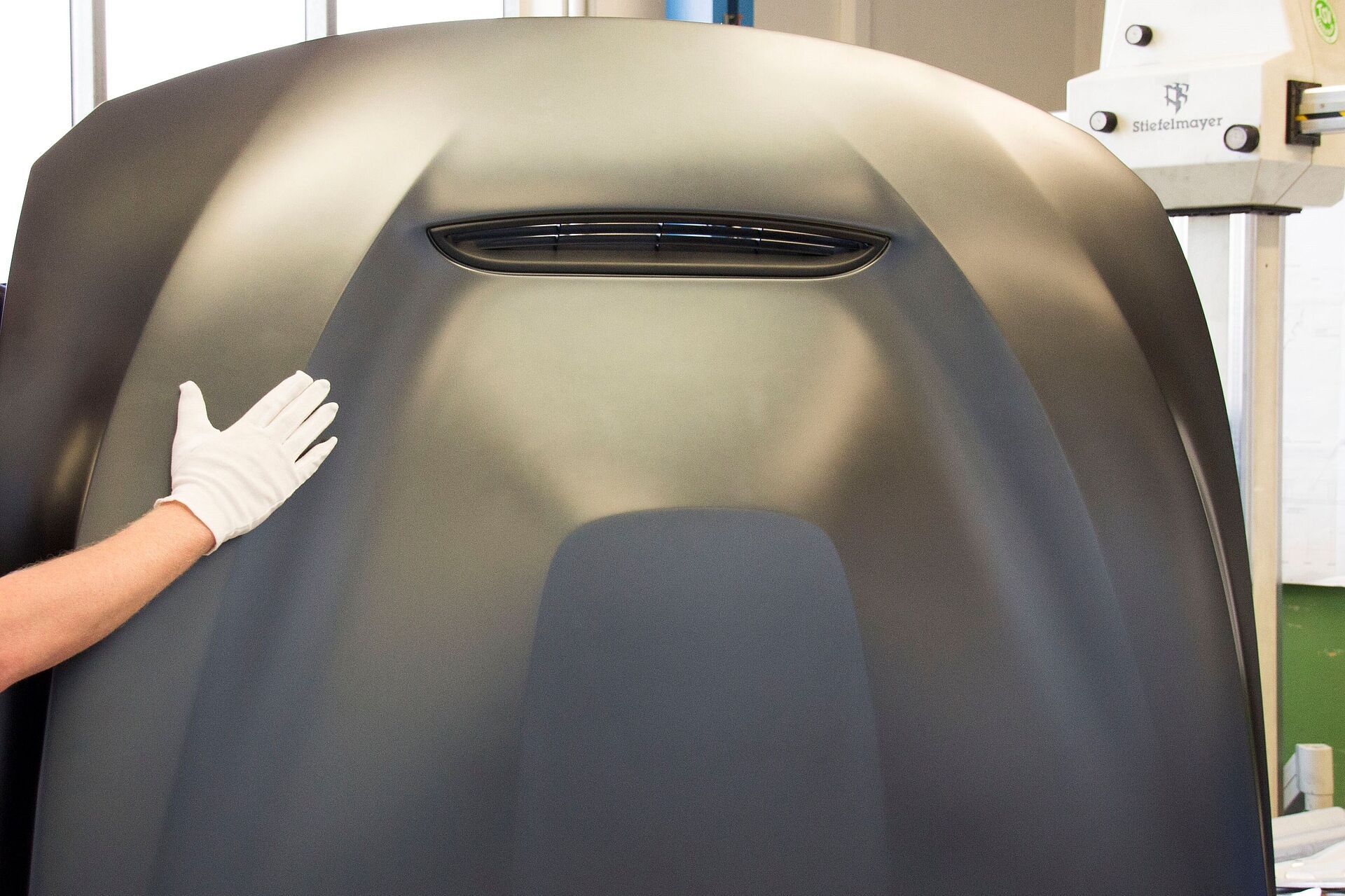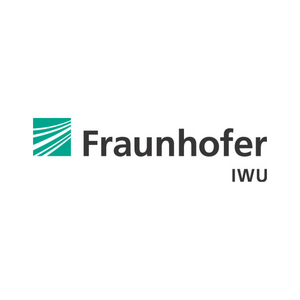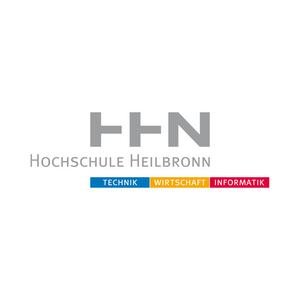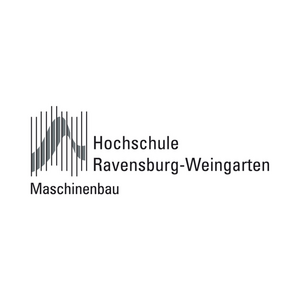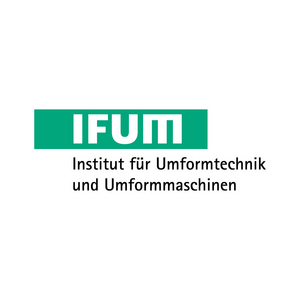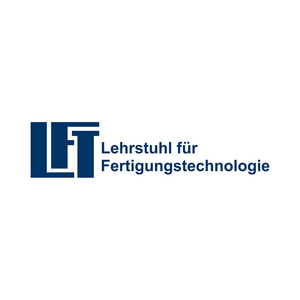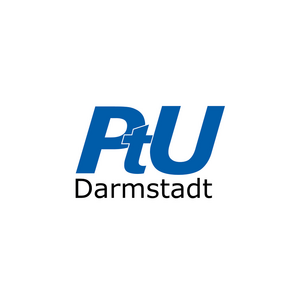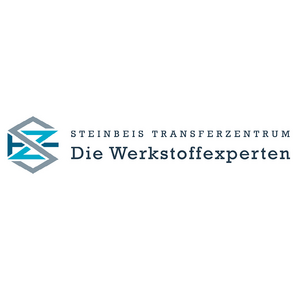OUR LATEST DEVELOPMENTS
At our two sites in Heilbronn and Teublitz, we act as a development partner for new methods, producing prototype and small batch series.
The Heilbronn site is home to an intensive set of hot working processes for high-strength aluminium materials from the 7000 series. The metal sheets are formed on the warm forming, hot forming and W temper process routes at temperatures of up to 600°C using tailored tool concepts. Local thermal softening allows the parts to be joined mechanically. During both forming and joining, short cycle times and reproducible results are ensured by means of robot-assisted, automated processes.
The Teublitz plant contains systems for processing carbon fibre reinforced plastics (CFRP). As part of a trilateral cooperation, these were used to make the solid carbon hood for the BMW M4 GTS, which won the SPE Process Innovation Award 2016.
LÄPPLE AUTOMOTIVE is responsible for pressing the individual parts – of which there are six in total – and joining them together to create the complete assembly.
A finished individual part can be produced in one press stroke and with a single tool instead of in four or five separate operations. Highly integrated dies are the key to reducing tool costs, shortening process chains and eliminating sources of error – this LÄPPLE technology is not something that should be reserved just for small series.
The use of stringers significantly increases the strength and rigidity of sheet metal structures. Conversely, it means that the sheet metal thickness and, in turn, the weight of a stringer sheet part can be reduced without compromising component performance. Stringer sheet forming is an efficient manufacturing process for producing structures of this kind. With this technology, lightweight construction costs of less than €1 per kg are achievable. LÄPPLE AUTOMOTIVE is working together with PtU Darmstadt to industrialise the process as part of a DFG (Deutsche Forschungsgemeinschaft) transfer project.
